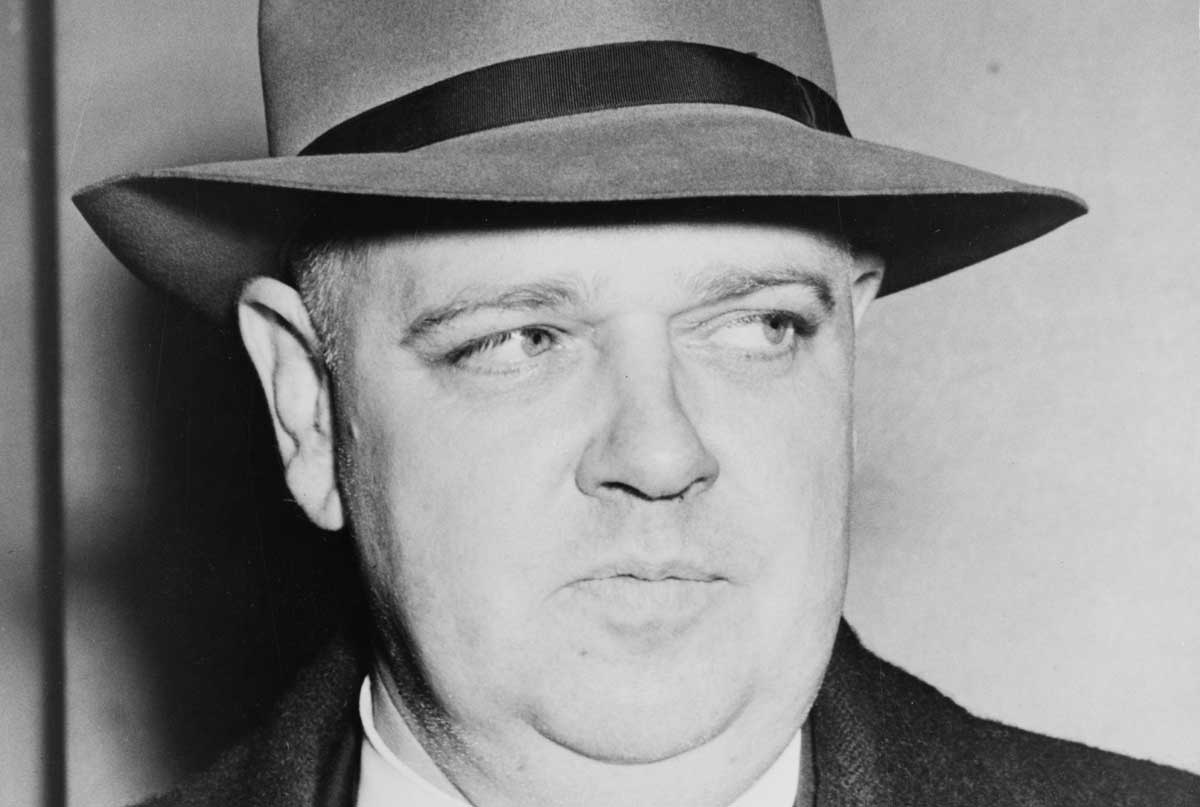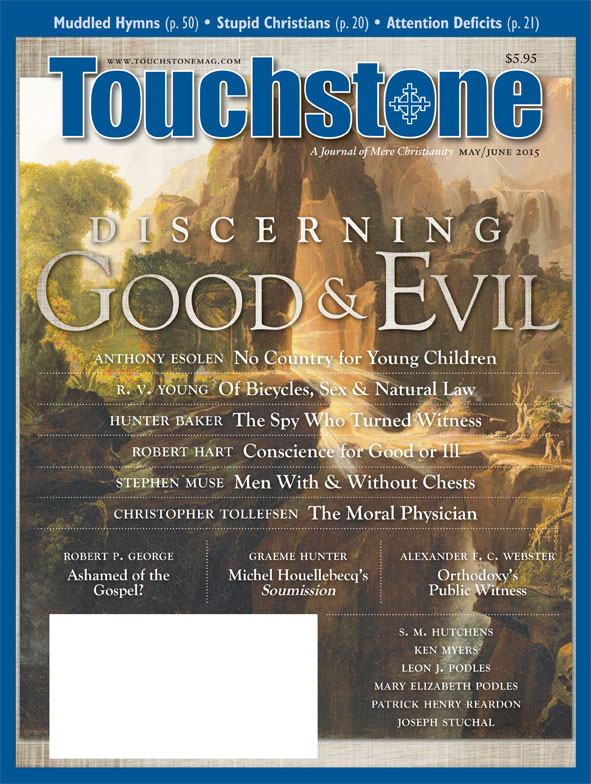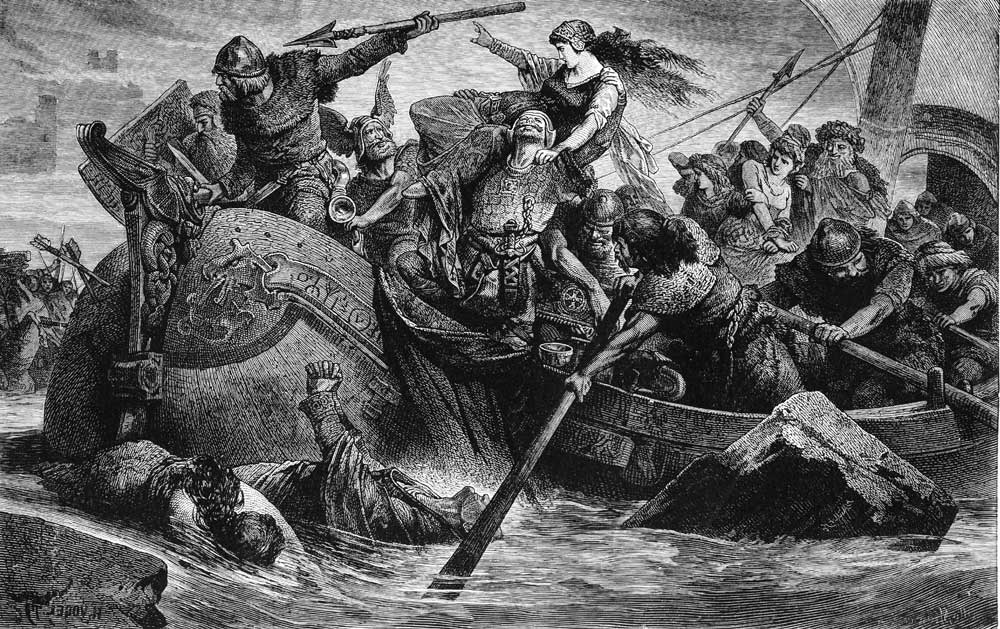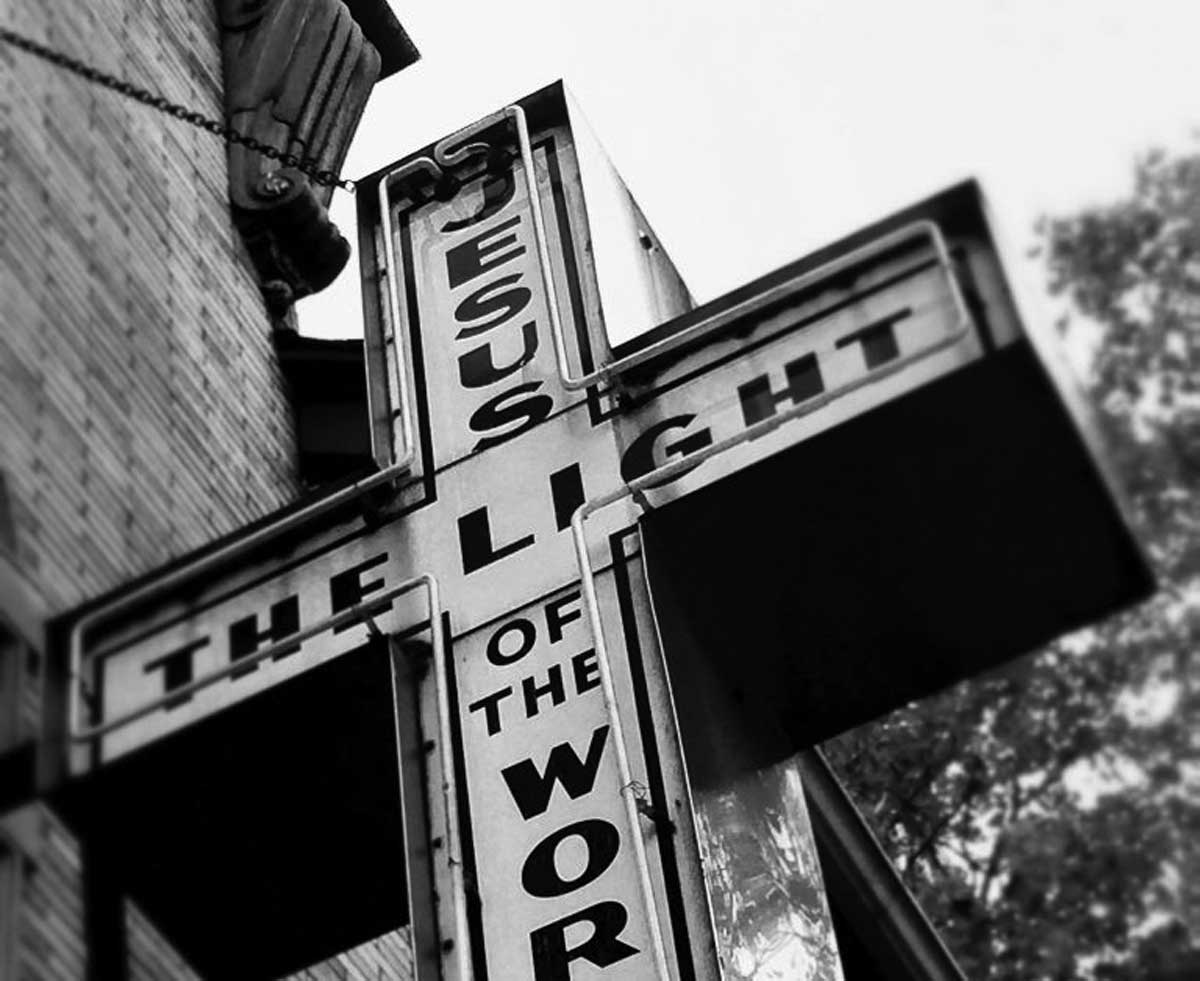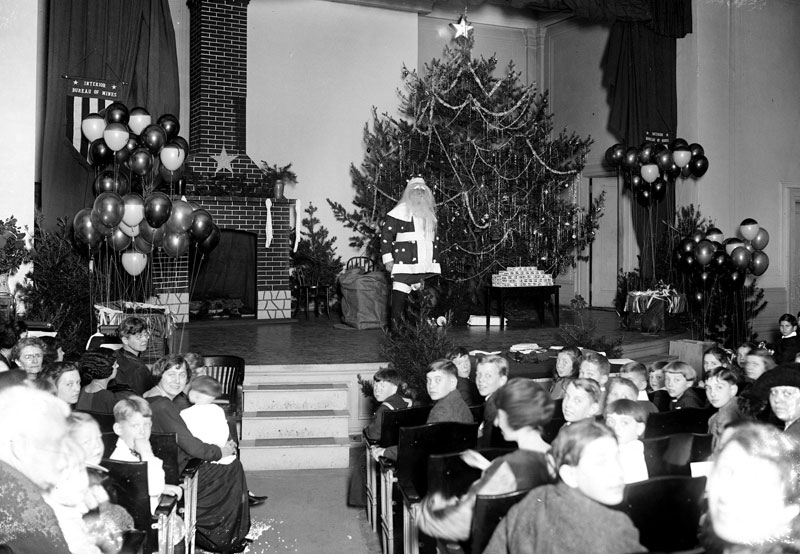Feature
The Spy Who Turned Witness
Whittaker Chambers's Lonely War Against Godless Collectivism
by Hunter Baker
Cultural elites in Hollywood and the media have worked hard to preserve memories of abuses committed by anti-Communists during the Cold War. Many films portray the blacklisting of Hollywood Communists over a period of years in the mid-twentieth century. Others deal with the unhappy career of Senator Joseph McCarthy, whose name is still often invoked in our modern debates, as some speak of McCarthyism or McCarthyite tactics. The complaint that arises from the record of those years is that there were Americans who suffered damage to their lives and careers for the simple reason that they had been associated in some way with Communists or were Communists themselves.
Two questions book-ended the period we now refer to as the Red Scare. At the beginning, there was the inquisitorial question, "Are you now or have you ever been a Communist?", which was a weapon wielded by investigators to great effect for a time. And at the end, there was Joseph Welch's damning interrogatory, aimed at Senator McCarthy: "At long last, have you no sense of decency?"
McCarthy ultimately died, disgraced and discredited. Today, we write off the era in question as one of paranoia. But is that all it really was? Was it just an exercise in retrograde, populist politics of the worst sort? Certainly, the stakes were high enough to justify the level of public alarm. The United States spent decades locked in enmity with the Soviet Union and world Communism. These two nations embodied two completely different systems of thought about human life and its meaning. One was committed to destroying the other and bringing the entire world under its influence. The other was determined to preserve the liberty it viewed as something of a genetic birthright and a gift from God. Roughly forty of those years were spent under the looming cloud of nuclear disaster.

There is more to the tale than the memory our popular history has left to us. The Red Scare, the sometimes reckless McCarthyism, the blacklisting of the Hollywood Ten—these things happened, to be sure. But questions remain for our consideration. Does this disreputable record mean that there were no American Communists who posed a serious threat to their country? Was the effort to find them and stop them nothing but an extended march of folly? To these, let us add another question not yet suggested: Did the Cold War have dimensions much larger and deeper than we tend to think of today?
In other words, was it about much more than the best way to construct and organize a modern economy?
The answers to those questions continue to be relevant. We can explore them by considering the case of a man who would eventually take the name Whittaker Chambers. He is important because he bore witness much more closely than most.
A House of Horrors
There once was a child named after his father. He was perhaps named after his dad in the way boys sometimes are in an attempt to create family commitment and paternal instinct in situations where those things are suspected to be lacking. This boy was Jay Vivian Chambers. He was born in 1901. His mother had been a touring actress (but never anything close to a star). His father was a commercial artist and also, it turned out, a bisexual, who would eventually abandon the family and then return, but with the tendency to be unaccountable for his time. They were sometimes known in their New York community as "the French family." Jay had a younger sibling. Both his father and his younger brother would pre-decease him, despite the fact that he did not live a long life himself.
Later on, his grandmother would join the household. She was increasingly insane. As a young adult, Jay would occasionally have to confront her and take away her scissors, which she wielded in a threatening manner. He didn't get away without scars, including mental ones. In his memoir, he would write of his wish as a young man that the house of horrors in which he grew up would burn to the ground.
Hunter Baker , J.D., Ph.D., is the dean of arts and sciences at Union University, a fellow of the Ethics and Religious Liberty Commission, and an affiliate scholar of the Acton Institute.
subscription options
Order
Print/Online Subscription

Get six issues (one year) of Touchstone PLUS full online access including pdf downloads for only $39.95. That's only $3.34 per month!
Order
Online Only
Subscription

Get a one-year full-access subscription to the Touchstone online archives for only $19.95. That's only $1.66 per month!
bulk subscriptions
Order Touchstone subscriptions in bulk and save $10 per sub! Each subscription includes 6 issues of Touchstone plus full online access to touchstonemag.com—including archives, videos, and pdf downloads of recent issues for only $29.95 each! Great for churches or study groups.
Transactions will be processed on a secure server.
more on history from the online archives

15.6—July/August 2002
Things Hidden Since the Beginning of the World
The Shape of Divine Providence & Human History by James Hitchcock
more from the online archives
calling all readers
Please Donate
"There are magazines worth reading but few worth saving . . . Touchstone is just such a magazine."
—Alice von Hildebrand
"Here we do not concede one square millimeter of territory to falsehood, folly, contemporary sentimentality, or fashion. We speak the truth, and let God be our judge. . . . Touchstone is the one committedly Christian conservative journal."
—Anthony Esolen, Touchstone senior editor





